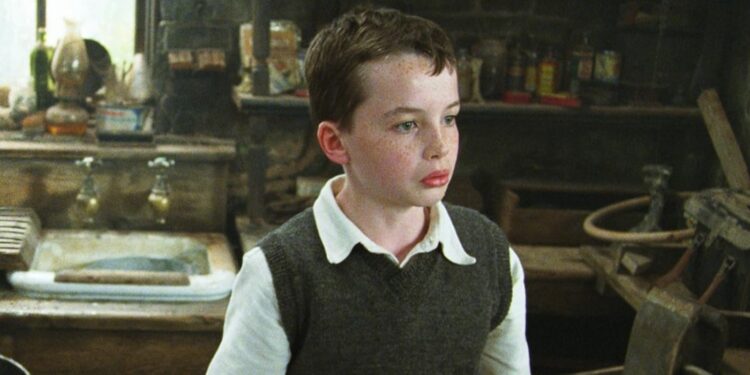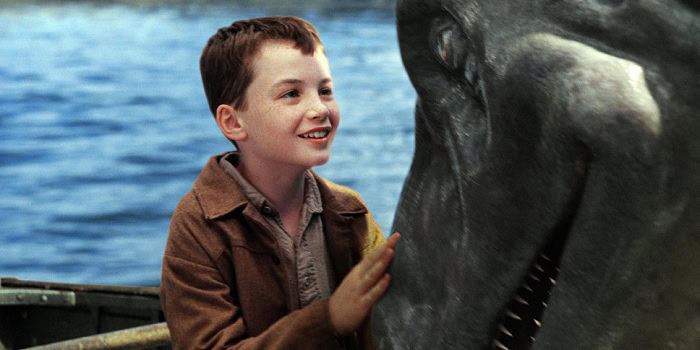In the mid-2000s, Alex Etel was a name to watch. Cast by Danny Boyle in Millions at just ten years old, he stunned critics with a performance that balanced innocence and depth. Two years later, he headlined The Water Horse: Legend of the Deep, carrying an international fantasy epic on his shoulders. But as quickly as his career began, it seemed to fade. For many who remember his soulful eyes and soft-spoken charm, the question lingered: what happened to Alex Etel? The answer is as surprising as it is refreshing. He didn’t fall into scandal or struggle. He walked away—straight into the world of technology.
From Overnight Fame to a Promising Career

Etel’s breakout in Millions (2004) wasn’t just luck. Director Danny Boyle praised his naturalism, saying Alex gave Damian Cunningham—the boy who sees saints in everyday life—a poignancy few adults could capture. Audiences and critics took notice, and suddenly, the ten-year-old was an industry darling.
Hollywood soon came calling. In 2007, The Water Horse cemented him as a global lead, while his roles in BBC’s Cranford and the fantasy drama From Time to Time added prestige. By his mid-teens, Alex Etel had what many young actors dream of: versatility, recognition, and momentum. And then—almost without warning—he was gone.
The Quiet Exit Nobody Expected

Unlike many child stars whose careers collapse under pressure, Etel’s departure was quiet and deliberate. As he reached late adolescence, he chose education over auditions. Instead of battling for the next big role, he focused on academics, friendships, and the freedom of a normal life.
By the early 2010s, casting directors had moved on. While fans might have expected a reemergence in young adult dramas, Etel closed that door. His exit wasn’t about failure—it was about choice. He’d tasted the highs of early success and decided he didn’t need the industry to define him.
A Life Beyond Cameras: Building in Tech

Image via Sony Pictures Entertainment
Today, Alex Etel lives far from the red carpets. Now in his late twenties, he works as a full-stack developer, applying the creativity once seen on screen to coding and problem-solving. In an industry defined by volatility, Etel found stability in tech.
The transition wasn’t random. He had always been interested in logic and building things, and as he matured, software development offered the same sense of creation as acting—only without the scrutiny. He found satisfaction not in applause, but in solving problems and building tools behind a computer screen. This career shift highlights something rare among former child stars: a second act that doesn’t demand constant visibility. For Etel, fulfillment came from privacy and balance, not chasing relevance.
The Legacy of a Child Star Who Chose Privacy

Image via Sony Pictures Entertainment
Even though Etel’s screen time ended years ago, his work remains deeply remembered by those who grew up with it. Millions continues to be shown in schools and film classes for its creativity and moral themes. The Water Horse still draws nostalgic fans who recall seeing it in theaters as children. For Alex Etel, that legacy is enough. He doesn’t tweet about his past films, nor does he appear at conventions or nostalgia panels. He remains a figure defined by restraint, allowing his performances to stand without commentary. In an age where celebrity often means oversharing, Etel’s silence is striking—and perhaps exactly why he’s still remembered with fondness.
Alex Etel could have been another story of a child star chewed up by the industry. Instead, he wrote a different ending. By trading Hollywood for coding, he proved that walking away doesn’t mean failure—it can mean freedom. For those who remember his performances, he’ll always be the boy with the soulful eyes who carried entire films before his voice had changed. For himself, he’s something even better: a man who built a life outside the spotlight, content to vanish behind a computer screen.








